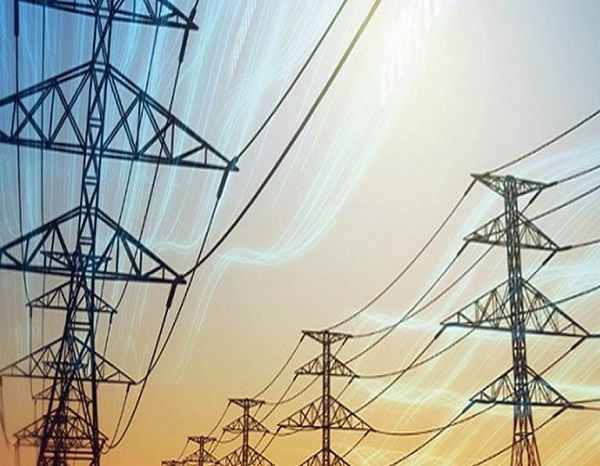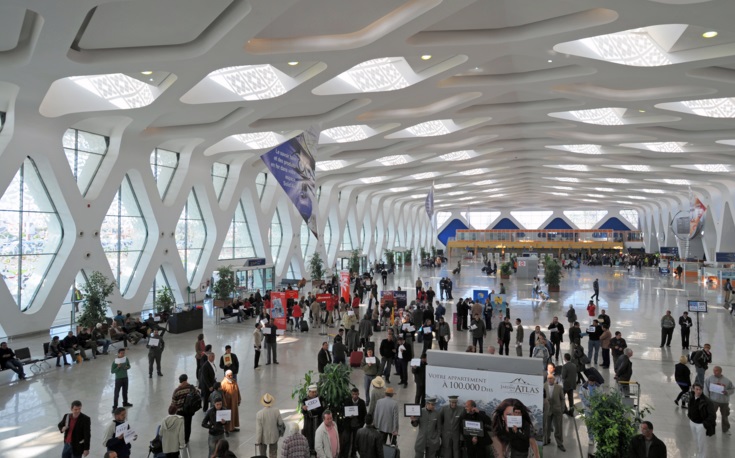Artificial Intelligence (AI) can accelerate energy access in Africa, which is critical to reduce poverty, enhance productivity, and build resilience against climate change on the continent, says a recent report published by the London School of Economics (LSE).
AI has the potential to significantly transform energy access in Africa by improving equitable energy access, fostering innovation, and optimizing energy production and consumption, according to Oluleke O. Babayomi, a researcher at the Korea Advanced Institute of Science and Technology (KAIST). As highlighted by the United Nations’ Sustainable Development Goal 7, universal energy access is a cornerstone of sustainable development. It is central to improving living standards, fostering economic growth, and enhancing educational opportunities. In Africa, over 600 million people still live without electricity, and many rely on harmful and inefficient sources of energy such as kerosene and biomass.
Despite some progress, for example in Ghana, Senegal or Kenya, in the past few years, Africa still faces a plethora of challenges in achieving universal energy access. Babayomi argues that AI can facilitate the design and implementation of energy access that is affordable and equitable. By analyzing socio-economic data, AI can identify underserved communities and tailor energy solutions to their specific needs. AI can also be used to evaluate the risks and returns of renewable energy projects in underserved areas, making it easier for investors to identify viable projects. AI can also be used by governments and businesses to make data-driven decisions that affect millions of people, which can in turn enhance the efficiencies of both energy systems and related financing mechanisms.



